If you're anything like us, you've probably found yourself spending a huge amount of time watching screens since the coronavirus outbreak. Binging TV, watching endless TikTok videos, and working from home on laptops, checking new sites for COVID-related updates - it's been a screen-heavy time for many of us.
Although this increase in screen time is understandable, especially if you're trying to keep kids entertained while you're isolating at home, it has been well established that too much social media use and screen time can poorly affect our mental health.
We caught up with KeepAppy CEO Aimee-Louise Carton to find out how we can cut down screen time for kids (and grown-ups) - even in a pandemic.
What is the ethos of KeepAppy?
KeepAppy's mission is to make mental health care accessible for everyone, with a vision that mental health exercises have to be fun and engaging for users to continue to practice them. Consequently, our ethos is one of equality, with a recognition that often the greatest barriers to mental health care are the cost and the stigma, which is why we operate a social entrepreneurial business model (read more here about our impact) and attempt to destigmatize our offering by creating a comprehensive and engaging toolkit that doesn't have the traditional feal of clinical care.
What is the problem with too much screen time?
There are many problems associated with too much screen time. From the physical perspective, it impacts our sleep and weight (sitting too much / not exercising in favor of more screen time).
From a psychological perspective, too much screen time can lead to increased anxiety and depression if too much time is spent on social media platforms, productivity has also been seen to decrease in studies conducted on students, and the impact on our physical health (sleep and weight gain) have seen increases in body dysmorphia, anxiety and depression.
The reality is that too much screen time can be significantly damaging if not managed or broken down with components of physical exercise and movement.
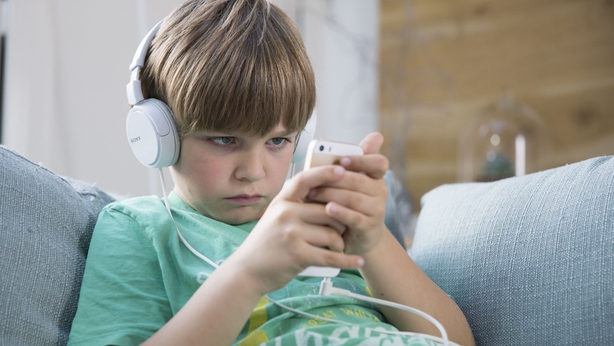
How much screen time should we have per day?
It is hard to quantify a specific time frame, as each individual has different degrees of tolerance and abilities. The American Heart Association has recommended that children between the ages of 2 to 5 spend one hour a day at most on a screen, while those between 8 to 18 should spend just 2 hours per day.
Adults are also recommended to decrease their screen time to just 2 hours per day. However, given the current circumstances with most education or work and social interactions occurring online, everyone has had to spend significantly more time online, which is why individuals and children should have regular breaks for physical movement and exercise.
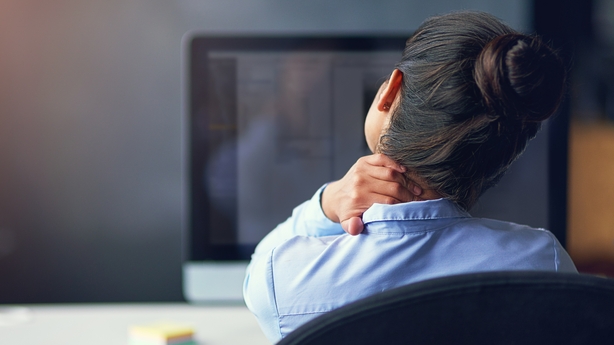
How can we practically cut down to a healthy amount?
The most important actions any individual can take when cutting down anything to improve our health is to be realistic with ourselves and to hold ourselves accountable. If you are required to work in front of a screen, don't expect yourself to be able to cut down your screen time to the recommended 2 hours per day.
Holding yourself accountable can be done with trackers, examples such as Forest App (which has planted over 750,000 real trees in collaboration with Trees for the Future) is a fantastic way to see just how much time you are actually spending on your screens.
Additionally, taking time to exercise is the most important component of this new URL world we are living in. Whether it's taking 5 minutes out of every hour to stand up and do some stretches, going for a 'walking meeting' by taking your phone outside and walking while you talk, making sure to regularly stand and doing 30 minutes of exercise per day. Continuing to move and getting fresh air is one of the best ways to manage our wellbeing.
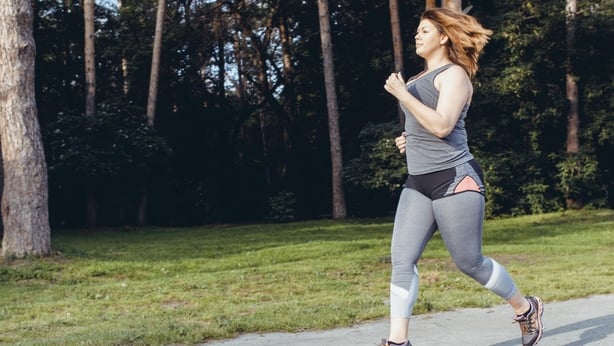
Are there certain times of the day that we should switch off from our screens?
The science behind turning off our screens at minimum one hour before we sleep is absolute and yet for the vast majority of us, we simply don't do it. By using our phones or laptops before bed, our brains don't have the opportunity to slow down before bed, which is why so many have reported in increased anxiety or trouble sleeping over the past decade.
Additionally, mealtimes are often the best time for living in the present. Using meals to socialise in a meaningful way with our loved ones or using it as an opportunity to practice mindful living by really taking the time to enjoy each bite of food is an excellent form of practical meditation and can have great stress reduction benefits.

With COVID-19, it's difficult to keep kids busy without screens - what are some alternatives?
This is one of the greatest challenges facing parents of kids during this time of crisis and unusual living. If your child has grown accustomed to screen time and puts up a struggle without it, try integrating screen time into alternative positive practices.
Technology and the online world have incredible potential and can be used as a force for good if managed correctly. Encourage a creative child to start painting using step by step instructions or tutorials online.
Task kids with projects or milestones, asking older kids to cook a themed meal each week looking up meals online or younger ones to create decorations. By tricking our minds into using the online world with real-world actions, children will slowly build up confidence in their abilities to practice creativity or innovative fun in the real world by themselves.
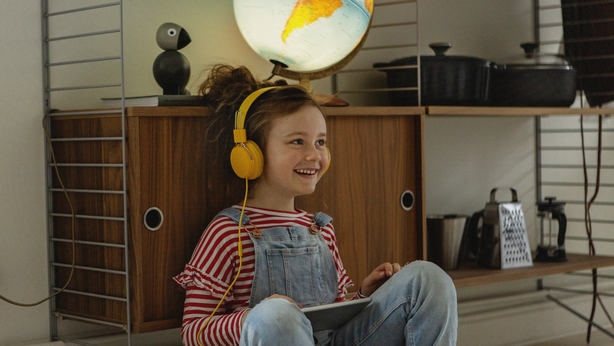
We also advise parents to start encouraging your child to talk about '5 positive things' they did each day at meal times.
Ask them what they accomplished or did during the day and how it made them feel, focusing on things they succeeded at. If a child says 'nothing' you can respond with examples include: "you made a tasty looking sandwich - I was actually quite jealous when I saw it. What ingredients you use?"
Or dig deeper into their hobbies by asking what they achieved in a specific computer game and what they would need to do to improve, such as physical exercise for hand-eye coordination.
This can be a fantastic way to inspire children to naturally gravitate towards increasing their productivity or autonomy, along with reorintating their thinking towards positivity and self-satisfaction.
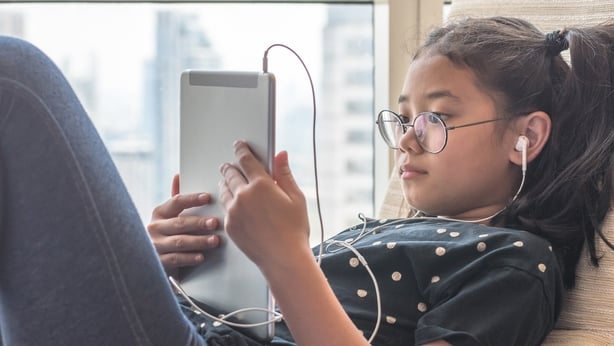
If kids and grown-ups are going to be online, are there healthy ways to use our screen time?
Using your screen time in a healthy way simply means understanding how screen time affects our wellbeing. Does spending longer periods of time on screens make you feel tired or stressed? How does it impact your sleep hygiene? If you spend hours scrolling social media, how does that actually make you feel?
If you identify a negative feeling, then limit the engagement with that action where possible. Take breaks for physical exercise and breathe fresh air when you can.
Listen to your mind and body, if it is telling you to stop then stop and take a few minutes to yourself to relax. The reality is that our bodies and minds will tell us when we are tired, stressed or being impacted by screens, we just need to listen.
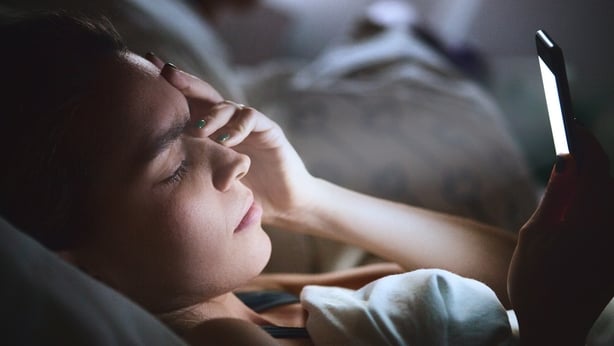
For more info on KeepAppy, click here.

